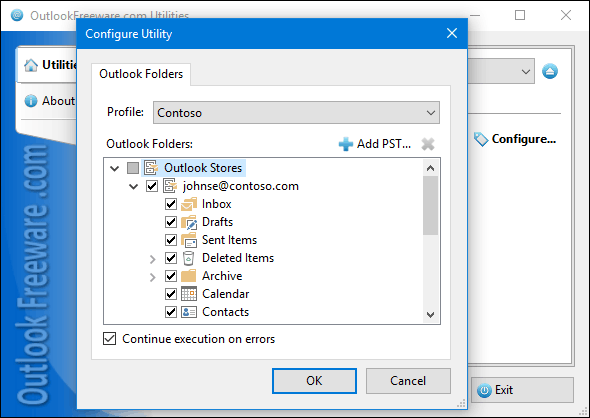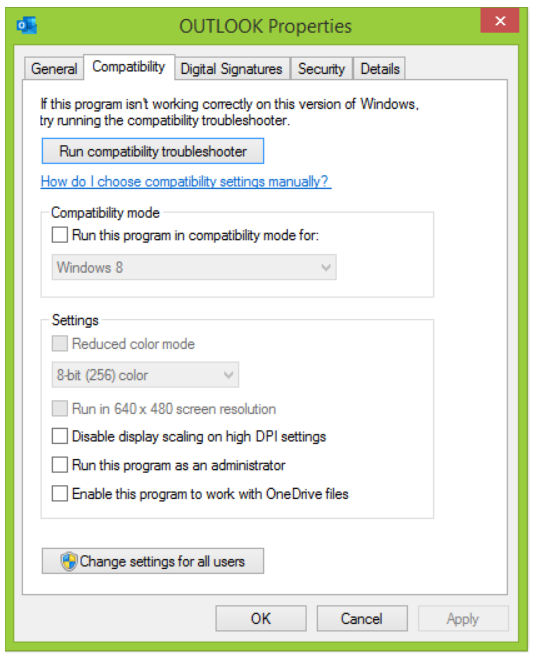

But when we plan software development in my world, we always have a roadmap to manage expectations for users whose individual priorities don't make it to the first (or any) software release. Sometimes, even adding more people doesn't help the development go quicker or as I like to say, 9 pregnant women can't make a baby in a month.

With any new software product or release, there almost never enough time or money to get all the features you want by your target date.

I definitely understand prioritizing usage scenarios - that's something I work with clients to do pretty much every day. This feels like being at the wrong end of RIM's corporate priorities. So, one has to wonder, why is it that RIM has failed to upgrade the BlackBerry Desktop Manager, the software synchronizes contacts, tasks, notes, and calendars, to work with Office 2010? I guess it's easy to point a finger at Microsoft and say it's their fault for changing something that has created a conflict with the BlackBerry Desktop Manager. However, eager developers and early adopters have had their hands on the software for much longer. In May 2010, Microsoft released Office 2010, which includes a new version of Outlook, to partners and corporate customers and in mid-June, Office 2010 was released to the general public. The BlackBerry has long been the corporate smart phone of choice and I've been a loyal user for many years. I can only imagine how hard it must be to coordinate software upgrades when more than one company is involved - let's say, for example Microsoft and Research in Motion (RIM), maker of the BlackBerry. A successful migration will require some new integration coding and lots of testing - and this is all within one company. The current portal serves up dozens of applications and there are a lot of moving parts. I'm currently working on a project to create a strategy for migrating a portal solution from 10-year old technology to SharePoint. So I really have to wonder why 8 weeks after Office 2010 has been available in final release form, I still can't synchronize my BlackBerry. But Microsoft upgrades are well known in advance, especially for solutions like Office, where multiple third party companies offer integrated solutions. Planning any software upgrade, especially one with multiple partner dependencies, is a major challenge and an exercise in coordination.


 0 kommentar(er)
0 kommentar(er)
